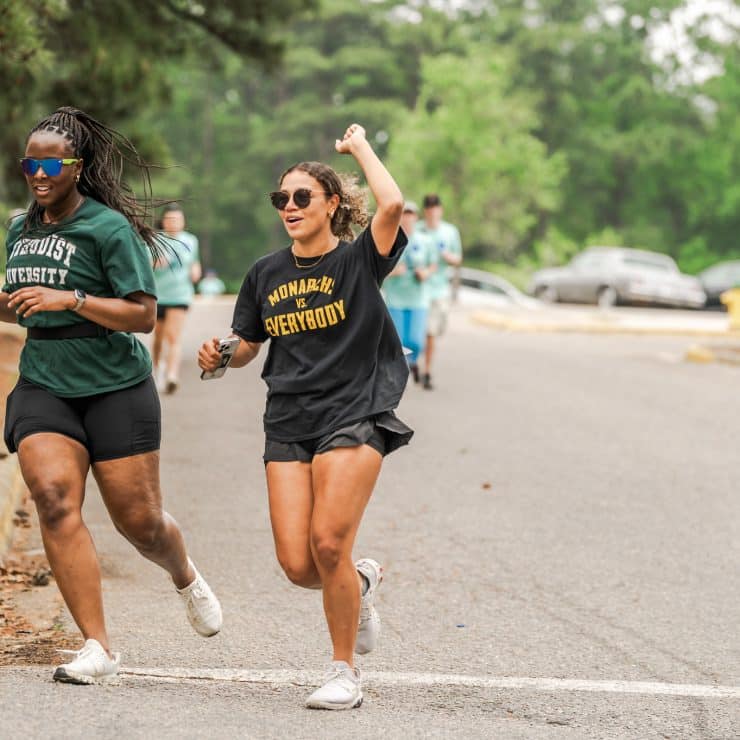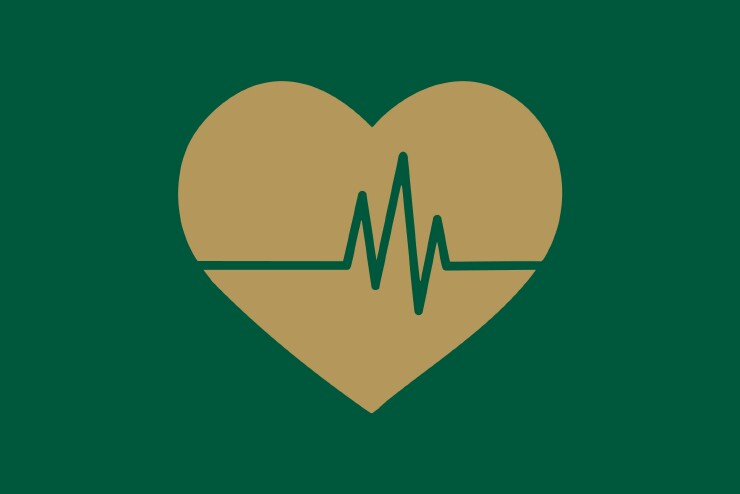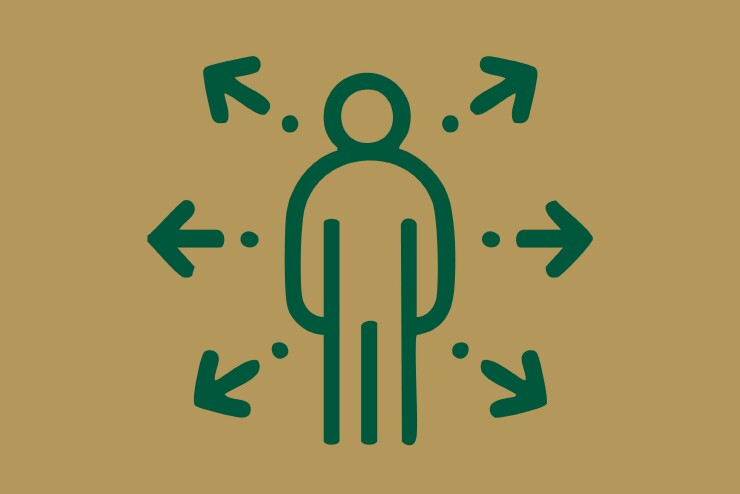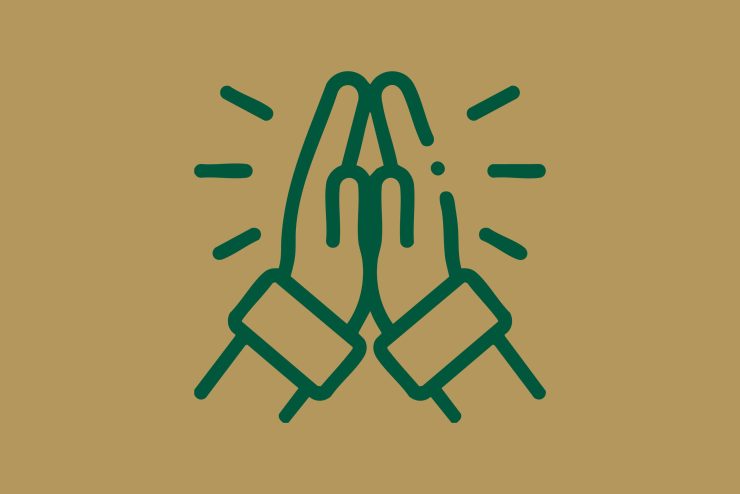
Core Areas of Well-Being
Well-being is about so much more than just physical and mental health — it’s a dynamic and holistic approach to thriving in every part of your life. The Eight Core Areas of Well-Being (below) are interconnected pieces of a bigger picture, working together to create a balanced and fulfilling life. When these areas align and support one another, you unlock greater potential to grow, connect, and succeed. At Methodist University, we’re here to help you explore, strengthen, and balance these core dimensions to live your best life.
Eight Core Areas of Well-Being
Physical
Forming healthy habits that suit your lifestyle and level of mobility and fitness; it’s not merely the absence of illness. Some aspects of physical wellness include physical activity, sexual health, or nutrition and access to healthy food.
Emotional
Involves optimism, self-esteem, self-acceptance, and the ability to experience and cope with feelings independently and interpersonally. It involves your mood, outlook and perception of yourself and the world around you.
Social
Focuses on connecting with the people around you and actively improving your communities. Knowing you have people to talk to, activities to do, and a sense of belonging to your community are all aspects of social wellness.
Environmental
Fosters comfort, safety, and connection with your surroundings. Building positive relationships with the spaces we live and work in, making sustainable choices, and creating harmony with our planet and community while promoting inclusion are vital aspects of environmental well-being.
Intellectual
Encourages participation in mentally stimulating and creative activities. It involves seeking knowledge, challenging assumptions, embracing lifelong learning, staying open to growth, nurturing curiosity, and engaging in critical thinking to explore new ideas and perspectives.
Spiritual
Involves interrogating meaning and purpose in life, as well as living in ways that are consistent with one’s beliefs and values. This may be in a faith community or by finding new ways to experience the world while nurturing a deeper connection to yourself, others, and the sacred.
Vocational
Focuses on one’s calling or life purpose. It's a broader term than a career and can include the roles you play in your family, community, and personal life. Creating a society where all are welcome and celebrated and choosing how you navigate life are important aspects of vocation.
Financial
Includes our relationship with money and making informed financial decisions. Understanding a budget, how your money can work for you, and feeling secure in your finances all contribute to financial wellness.







